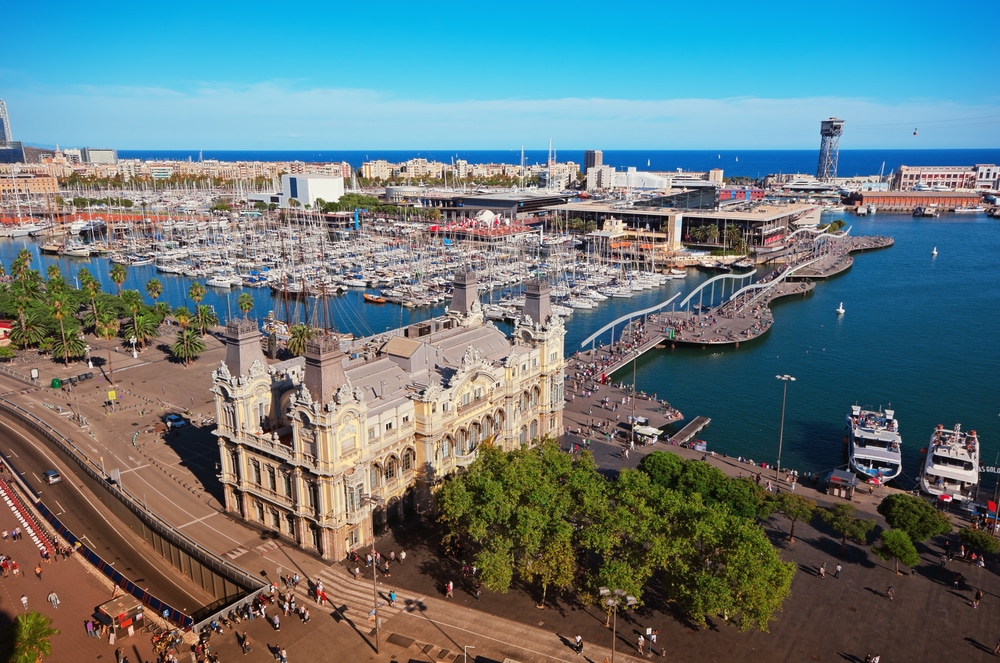 The BBC and its commercial department may each sell different kinds of digital TV show downloads to UK viewers, following news of the radical plan codenamed “Project Barcelona”.
The BBC and its commercial department may each sell different kinds of digital TV show downloads to UK viewers, following news of the radical plan codenamed “Project Barcelona”.
paidContent reported in March the public service broadcaster was negotiating with TV show producers to build an iTunes Store rival offering new and old shows for prices including £1.89.
I understand that news exasperated some at BBC Worldwide, which normally exploits BBC material commercially but who were unaware of the scheme and who had been planning their own similar initiative.
The public service “Project Barcelona” may not see light of day in the proposed form. Its champion within the BBC, archive director Roly Keating, has left to head the British Library.
Speaking to me during a Beet.tv conference panel this month, BBC Worldwide digital director Dan Heaf insisted the BBC’s commercial and public service wings were working together on the project, but toward different – rather than duplicate – aims:
“There are very different motivations. BBC Worldwide maximises profit – when we think about launching an ecommerce deal, we know it makes financial sense to make only a small subset of BBC content available. But the public service BBC would like to be able to offer the public everything the BBC has ever produced.
“Barcelona is a project where we are looking at, together, how we might make that work. It is still very much at its early stages. There is a need both to deliver public value but also commercial return at the same time.”
 Although BBC Worldwide has been syndicating to outlets like iTunes Store and Netflix, BBC shows are still seeking an own-brand outlet for commercial UK online exploitation, following the Competition Commission’s prohibition of the Project Kangaroo joint venture.
Although BBC Worldwide has been syndicating to outlets like iTunes Store and Netflix, BBC shows are still seeking an own-brand outlet for commercial UK online exploitation, following the Competition Commission’s prohibition of the Project Kangaroo joint venture.
For its part, BBC Worldwide is planning to sell downloads through an overhauled form of its existing BBC Shop retail site, and is hoping to introduce locker subscriptions, Heaf told me:
“Kangaroo was a great idea. It was grossly unfair that the Competition Commission decided to squash it. It was a bad thing for the UK economy, it was a bad thing for British broadcasters, it was a step backwards from where we should have been.
“But we still maintain that we can operate a dual approach by making our content available through third parties and through building our own products in the UK.
“We are investing heavily in our ecommerce platform, which has traditionally been the BBC Shop. We have a much stronger strategy to make a much more compelling offering and we hope that will come alongside, potentially, locker services in the future.
“We’ll start the easiest way, which is come to the store, buy the DVD, ‘would you like to buy the digital version?’, ‘would you like to buy it in a locker service?’.
“Over time, do you get to enough scale where a subscription service makes sense? I hope so.”
Back in 2009, public-service BBC.co.uk launched a Buyers’ Guide website to direct listeners and viewers to commercially-available show downloads and discs from third-party retailers. That site has since been renamed Commercial Availability (details here).
This post was corrected 6/26 to reflect that the BBC’s Buyer’s Guide has not been retired, but has been renamed as Commercial Availability.